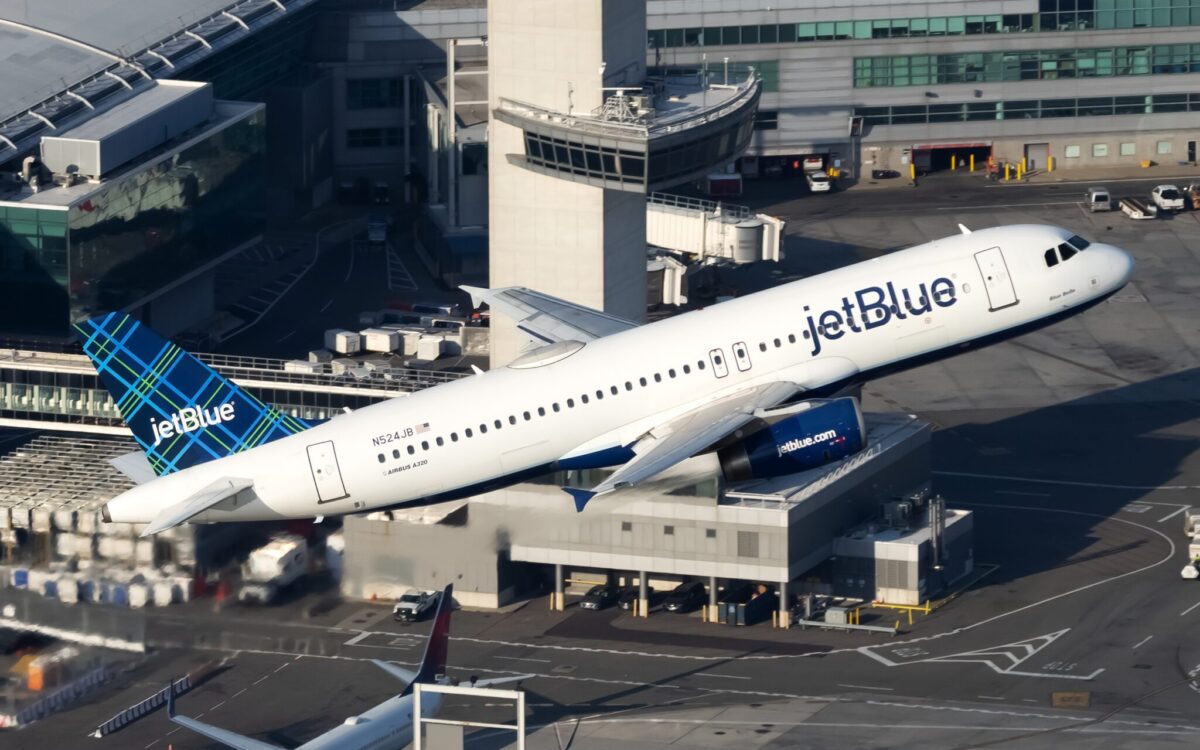Luxury Travel Agencies Claim Bragging Rights in VIP Business Travel
Skift Take
While leisure and corporate travel planning require very different mindsets, some travel agencies say their expertise in luxury leisure travel makes them better-equipped to handle business trips for C-suite executives than most travel management companies.
Among them is Protravel International, a fast-growing agency with 24 offices in North America and the UK, which started out serving primarily luxury leisure clients, but now has a 50-50 split between leisure and corporate business. The bulk of the agency’s business travel clients are CEOs or other top-level executives who also rely on Protravel for their vacation needs, according to president Becky Powell.
“The majority of our corporate travel is for the C-suite level, although we do have some corporate accounts where we handle all of the company’s travel,” she said. “Even in those cases, however, the C-suite travel is handled separately.”
What makes C-suite level travel different from other corporate business and why is an agency’s leisure expertise a plus?
“A luxury agency is well-equipped to handle the kind of personalized, concierge-style travel that C-suite travelers expect,” Powell said. “We have strong connections with luxury hotels, private car services, private guides and the kind of security detail they may need. We have access to some VIP services a traditional TMC does not.”
Powell also noted that many top-level executives prefer to have their travel handled by a different source than the one that handles travel for their employees.
“The C-suite doesn’t stay with the rank-and-file and are not subject to the same kind of travel policy restrictions,” Powell said. “They may not necessarily want their employees to know about this. We usually work with an executive assistant who relies on us to know what the boss is looking for.”
Growing Corporate from Leisure
While some of Protravel’s growth on the business side has come from the acquisition of travel agencies with corporate accounts, some has also come from the agency’s existing leisure client base, Powell said.
“The crossover between corporate and leisure travel happens fairly often — if a client is happy with a vacation, they may also want us to handle a business trip,” Powell said. “We’re also proactive in suggesting this to clients. We encourage advisors to have these conversations with clients, to let them know what else we can do for them.”
Similarly, Coastline Travel Advisors, a luxury-focused agency headquartered in Garden Grove, California, which does about 30 percent corporate business, has “made a concerted effort to solicit corporate business from our leisure clients, many of whom own their own companies or are in senior management for large corporations,” said President Jay Johnson. “It’s been pretty surprising how much extra business we have picked up over the years simply by asking.”
Johnson said his agency’s leisure expertise is an asset in the corporate realm, particularly when it comes to planning high-end meetings and incentive trips, which have become a specialty. The agency, which is part of the Virtuoso consortium, can draw on its leisure travel connections when planning events featuring venues and activities that create engagement and motivation, he said.
“Since we have the ability to handle both leisure and corporate, it certainly gives us a leg up over TMCs who only handle corporate business,” Johnson said. “I have found that many corporate travel advisors have a hard time conceptualizing leisure travel—they are trained to get people from point A to point B as inexpensively as possible.”
Both Powell and Johnson noted that some of their crossover business is fueled by growing demand for so-called “bleisure” travel, the practice of combining a business trip with a personal vacation. According to Powell, this trend is largely being driven by top-level executives.
“They are the ones who have the most leeway to extend their business trips and bring the family along,” Powell said.
Corporate Agencies Serve VIPs Too
Luxury leisure agencies are not the only ones touting their services to VIP business travelers; some travel management companies do it as well. Among them is Safe Harbors, a mid-sized corporate travel agency based in Bel Air, Maryland that has formed a special division to serve C-level executives.
“We recognized that the C-level often wants a higher level of attention than most other business travelers, so we have specific travel advisors who are designated for that group,” said president Jay Ellenby. “They want to know that they are taken care of at a high level, so it means a lot of re-confirmation of their bookings and the itinerary. We may provide sedan service, restaurant reservations or arrange for them to attend a sports event. We’ve made strong connections with hotel concierges.”
While acknowledging that C-level travel takes special expertise, Ellenby doesn’t believe it has much in common with leisure travel and said he is not seeing much demand for bleisure travel.
“There can be a little spillover if the C-level traveler wants to tack on a weekend, but we don’t see that many VIPs moving over to the vacation side,” he said. “It does happen, but it’s certainly not the rule.”
Different Mindsets
Is corporate business a likely source of new business that leisure travel agencies should pursue? Under most circumstances, the answer is no, said travel agency management consultant Robert Joselyn of the Joselyn Consulting Group.
While he acknowledges that it can make sense for luxury-focused leisure agencies to handle business travel for their VIP clients, it’s usually best to keep it limited to the top level.
“Serving the leadership team may be an excellent opportunity, but the agency shouldn’t necessarily pursue the entire corporate account,” he said. “It’s really rare to find an agency that is equally good at corporate and leisure. One is nearly always subordinate to the other.”
Among the challenges are the very different nature of corporate and leisure travel, requiring travel advisors to take on entirely different “right brain, left brain” approaches when dealing with clients, Joselyn said.
“If I’m going on a leisure trip, I want to spend time with my advisor and find out about all the different options in the destination,” he said. “If I’m going on a business trip, it’s about how do I get there, do my thing and get back. It’s a whole different persona, so the travel advisor has to know how to flip the switch between the corporate and leisure mindset.”
Ellenby also believes that most agencies should focus on either corporate or leisure.
“There was a time when agencies would try to be everything to everybody, but now many have found that specialization makes more sense,” he said. “Some are good at both corporate and leisure, but most are not.”
While acknowledging the challenges travel advisors face in handling both corporate and leisure travel, Powell said Protravel offers extensive training to travel advisors in both areas, including the use of technology tools required in serving corporate accounts.
At Coastline Travel, travel advisors usually specialize in either leisure or corporate, but some are adept at handling both, Johnson said.
“There are some advisors who can put together a corporate meeting in Chicago and also plan a trip for the company’s CEO who wants to take his wife to Japan to see the cherry blossoms,” he said. “When you find an advisor who can do both, that’s an advisor you want to keep forever.”




